Loading...
Click here if you don’t see subscription options
Click here if you don’t see subscription options

Arts & Culture
Books
Nov 01, 2022 issueBarbara F. Walter offers a handy guide for predicting where political instability is most likely to occur—and it is usually when that country is moving away from democracy.
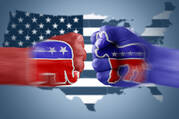
Politics & SocietyNews Analysis
Americans across the political spectrum can agree that both parties have dumbed down democracy, but only the Republican Party is rapidly moving toward the idea of simply refusing to accept election losses.

FaithInterviews
In an exclusive interview, Joe Donnelly, U.S. Ambassador to the Holy See, discusses his diplomatic work with the Vatican—including on the war in Ukraine—with America associate editor Colleen Dulle.

Politics & SocietyNews
A recent study from the international humanitarian agency Catholic Relief Services (CRS) found that American Catholics were more likely to express that climate change is a shared responsibility than their non-Catholic counterparts.
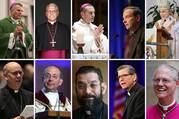
FaithDispatches
When the U.S. Conference of Catholic Bishops meets this November to elect a new president, it will be the first time in several decades that the race is wide open.
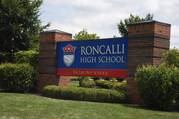
FaithNews
U.S. District Judge Richard Young said the Indianapolis Archdiocese and its schools can select, retain or dismiss faculty according to their religious standards.
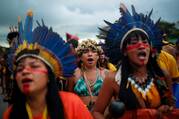
FaithVatican Dispatch
Cardinal Pedro Barreto Jimeno, S.J., explained that the now officially recognized body “involves bishops, priests, women and men religious and the lay faithful from the nine countries of the Amazon region.”

Politics & SocietyDispatches
South America’s largest democracy will hold presidential elections on Oct. 2 with two iconic Latin American populists as competing candidates: Mr. Bolsonaro and Luiz Inácio Lula da Silva, who served as president from 2003 until 2010.

Politics & SocietyNews
Dr. Anthony Fauci, famous for his work at the National Institutes of Health since 1984, and his wife received the Pedro Arrupe, S.J. Award for Exemplary Public Service from the Ignatian Volunteer Corps.
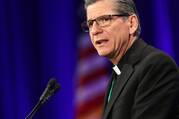
Politics & SocietyNews
In the wake of politicians like Florida Gov. Ron DeSantis busing migrants away from their states on false pretenses, U.S. bishops have spoken out against these tactics as "political showmanship."
